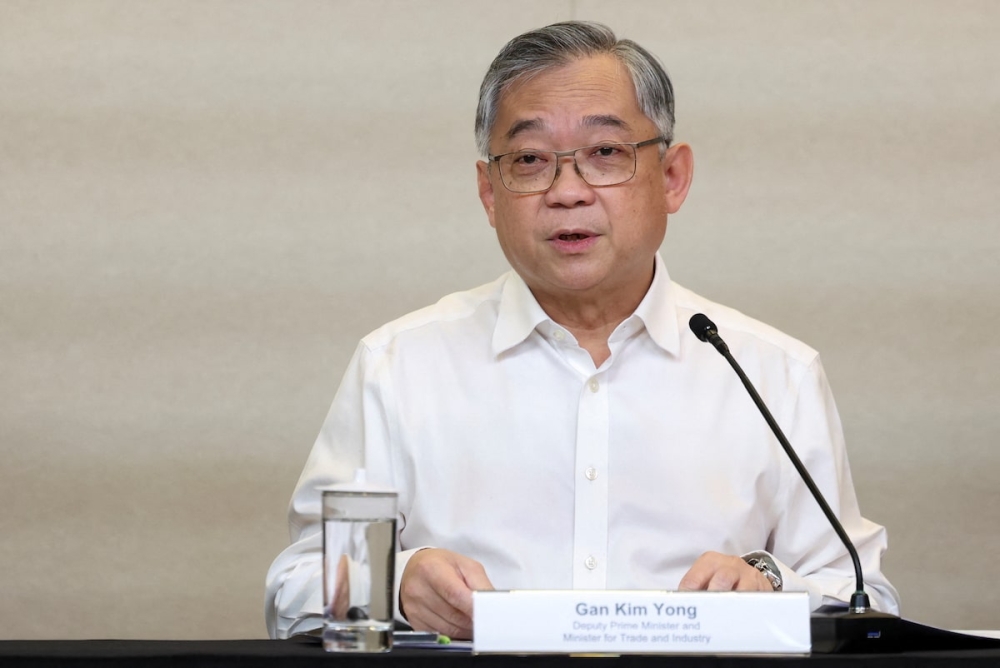SINGAPORE, May 16 — Negotiations to upgrade the Asean Trade in Goods Agreement (ATIGA), chaired by Singapore, are nearing completion and expected to conclude by the end of this month, said Singapore Deputy Prime Minister Gan Kim Yong.
Gan, who is also the Minister for Trade and Industry, said the move reflects Asean’s strong commitment to deeper integration and regional cooperation.
He said the upgrade seeks to further lower tariffs and remove non-tariff barriers to facilitate trade among Asean member countries.
“We are close to concluding the negotiation of ATIGA. This is an important step forward that will signal to the world that we continue to want to be able to work with one another, we continue to trade with one another and we continue to push ahead with Asean integration,” he told a media doorstop on Friday.
He noted that there is also discussion among Asean members on the possibility of strengthening partnerships with other organisations such as the European Union and the Gulf Cooperation Council (GCC).
Gan who is also the chair of the Singapore Economic Resilience Taskforce (SERT) also reiterated Singapore’s commitment to deepening its partnership with like-minded partners, especially Asean, as part of the country’s long-term approach to navigating uncertainties and enhancing economic resilience following the US tariffs.
He said Singapore would continue to strengthen and deepen partnerships, including through the Comprehensive and Progressive Agreement for Trans-Pacific Partnership (CPTPP) and the Regional Comprehensive Economic Partnership (RCEP), to open up more opportunities.
Meanwhile, Gan said Singapore is currently focusing its negotiations with the US on sectoral tariffs, such as pharmaceuticals, as Washington is not likely to back down on the 10 per cent baseline tariffs it has set on most countries, including Singapore.
He said the negotiations include potential concession for Singapore or preferential tariffs—possibly even zero tariffs—for pharmaceutical exports to the US.
Gan noted that since US imports to Singapore already enjoy zero tariffs, the United States is likely to focus on facilitating smoother trade flows and enhancing the security of supply chains.
The US had previously announced its intention to introduce tariffs on sectors such as pharmaceuticals and semiconductors.
Meanwhile, Gan said the outlook remains uncertain for Singapore and the global economy despite positive developments from the US-China trade talks.
“What will happen at the end of the 90 days is still a big question mark, it is yet to be known, and whether the negotiations with the other countries will progress smoothly, whether they will eventually settle at a level that is mutually agreeable and workable is something yet to be seen,” he said. — Bernama

